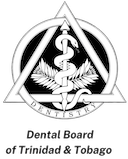SEARCH REGISTERED DENTISTS

.png)
